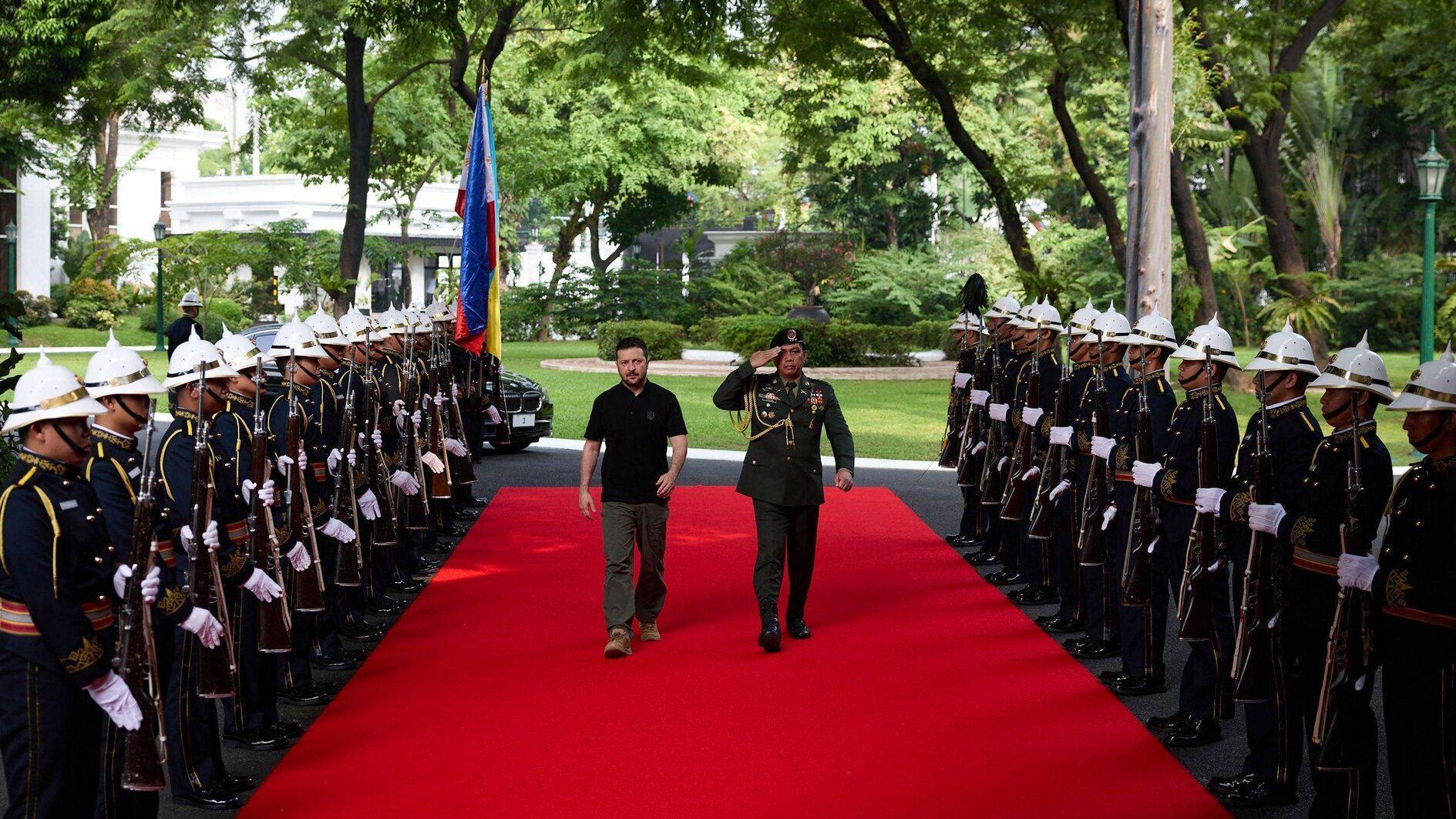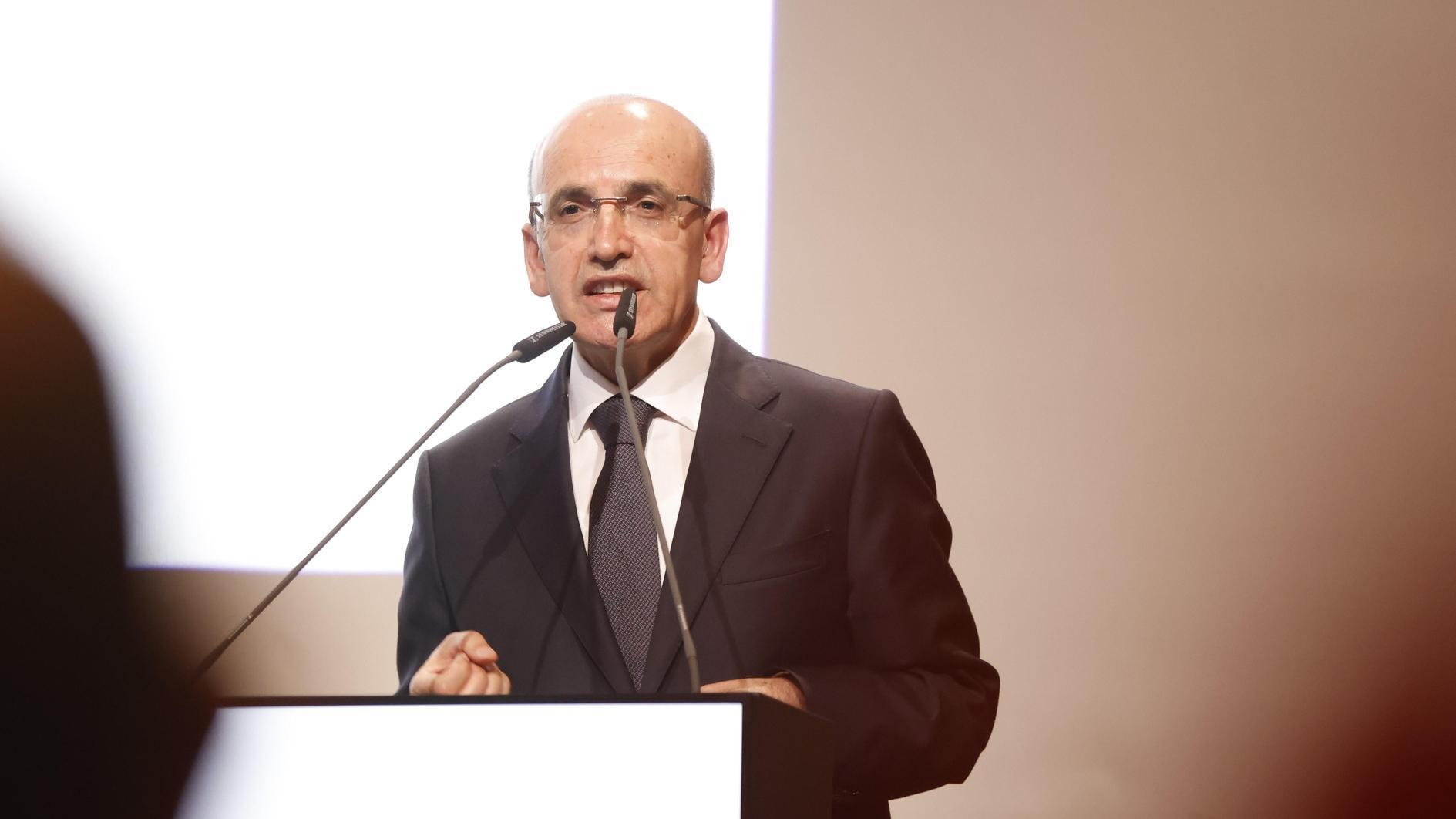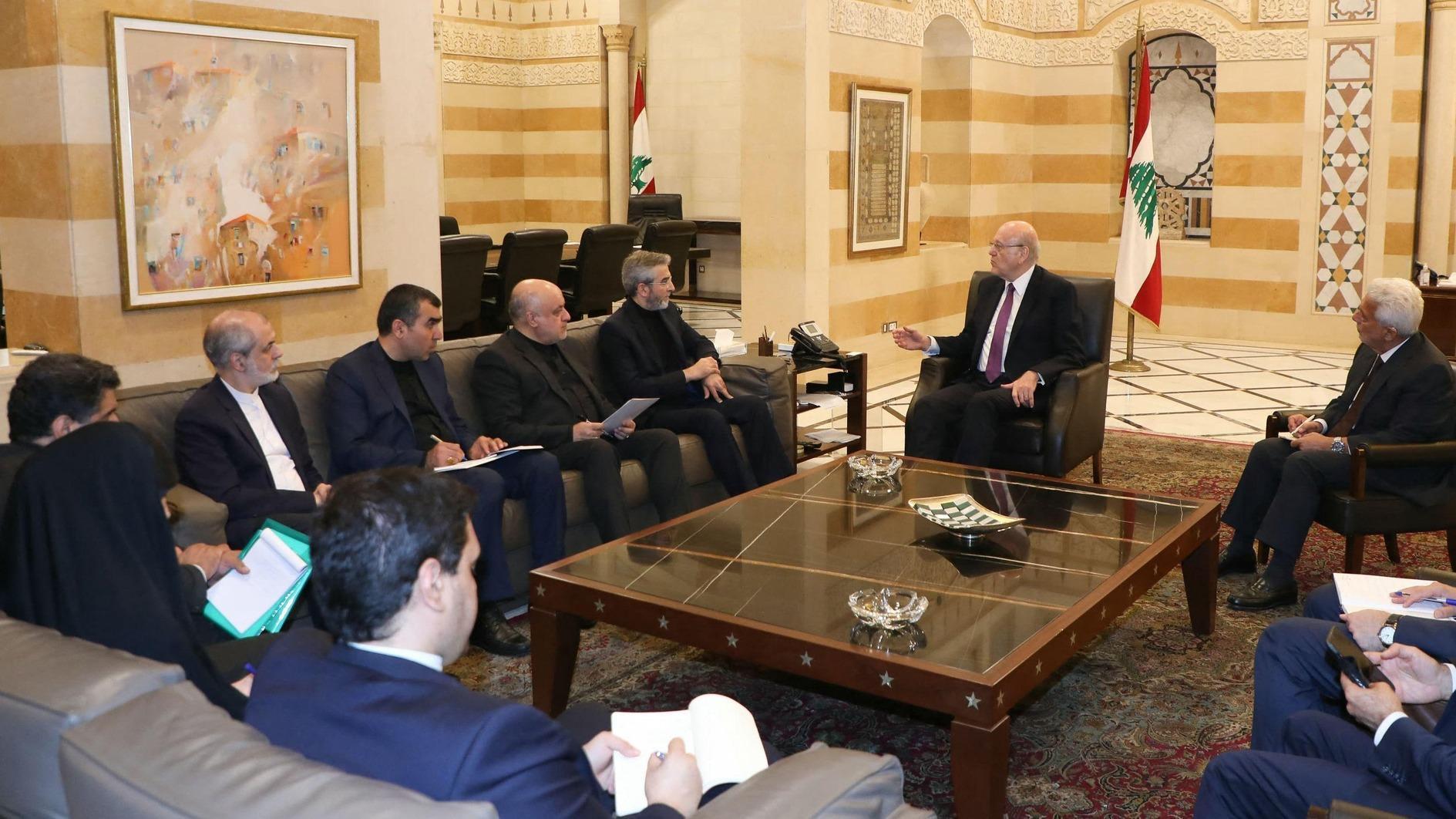Rwanda opposition figure barred from election race
KIGALI

A Rwandan court on Tuesday rejected an appeal by a prominent opposition figure to have his previous convictions removed, disqualifying him from challenging President Paul Kagame in July elections.
Bernard Ntaganda, 55, a fierce critic of Rwanda's iron-fisted ruler, had petitioned the High Court in Kigali in February in a bid to set aside convictions dating back more than a decade.
He is the second opposition figure to be prevented from running in the July 15 election against Kagame, who is widely expected to win a new term in office.
A three-judge panel ruled against Ntaganda, based on what it said was his failure to pay court fees of almost 106,000 Rwandan francs (about $82) related to the previous case against him.
"The High Court finds that Ntaganda did not abide by the laws that require individuals to request their conviction to be removed, and therefore rejects his appeal," the court ruling said.
Ntaganda, a lawyer and founder of the PS-Imberakuri party, said he had proof he had paid the fees but that the court decision "was not a surprising outcome".
"The ruling RPF (Rwandan Patriotic Front) cannot allow the courts to be independent," he told AFP.
Ntaganda had also planned to stand against Kagame in 2010, but was arrested before the vote.
He served a four-year prison term on charges of threatening state security and stoking ethnic divisions before being released in 2014.
Under Rwandan law, a person convicted and sentenced to more than six months in prison is barred from holding public office.
In March, a court also refused to remove previous convictions against staunch Kagame opponent Victoire Ingabire, rendering her ineligible to run in July.
Kagame, 66, has been de facto leader of the tiny landlocked nation since the 1994 genocide, formally becoming president of a transitional government in 2000.
Since then he won elections in 2003, 2010 and 2017, each time with more than 90 percent of the vote.
Kagame presided over controversial constitutional changes in 2015 that reduced a presidential mandate — from the 2024 vote onwards — to five years from seven but also allowed him to run for two more terms and potentially stay in power until 2034.
Last week, Diane Rwigara, another Kagame critic, announced she planned to stand this year after being barred from the 2017 race over accusations she forged the signatures of supporters for her application.
She was arrested and charged with forgery and inciting insurrection, and held behind bars for more than a year.
Two other people have thrown their hats into the ring this year — Frank Habineza of the Green Party and independent candidate Philippe Mpayimana.
Kagame has been praised for putting Rwanda on the path of economic transformation after the genocide, but he faces frequent criticism over rights abuses and repression of the opposition and free speech.
Rwanda holds both presidential and parliamentary polls on July 15 after the government decided last year to synchronise the dates for the votes.
















